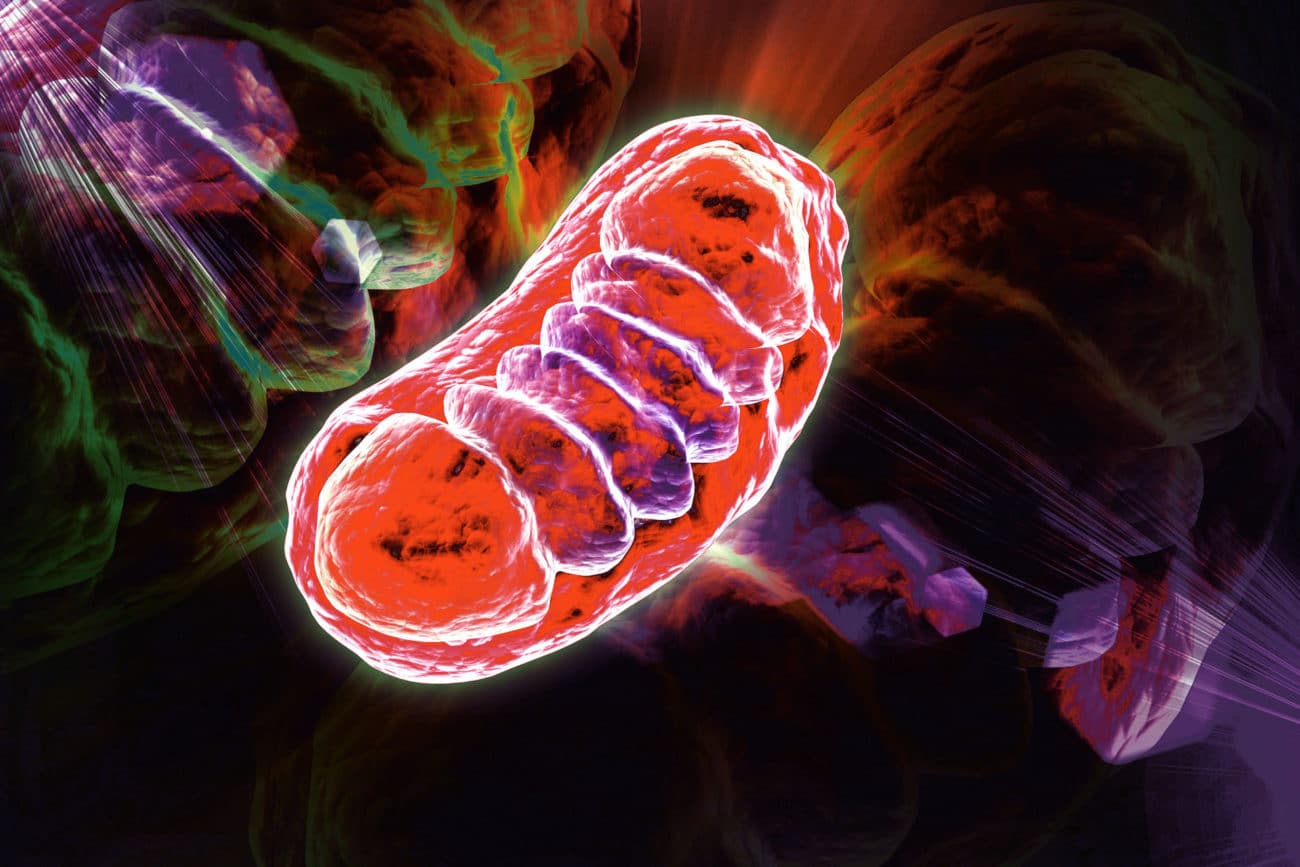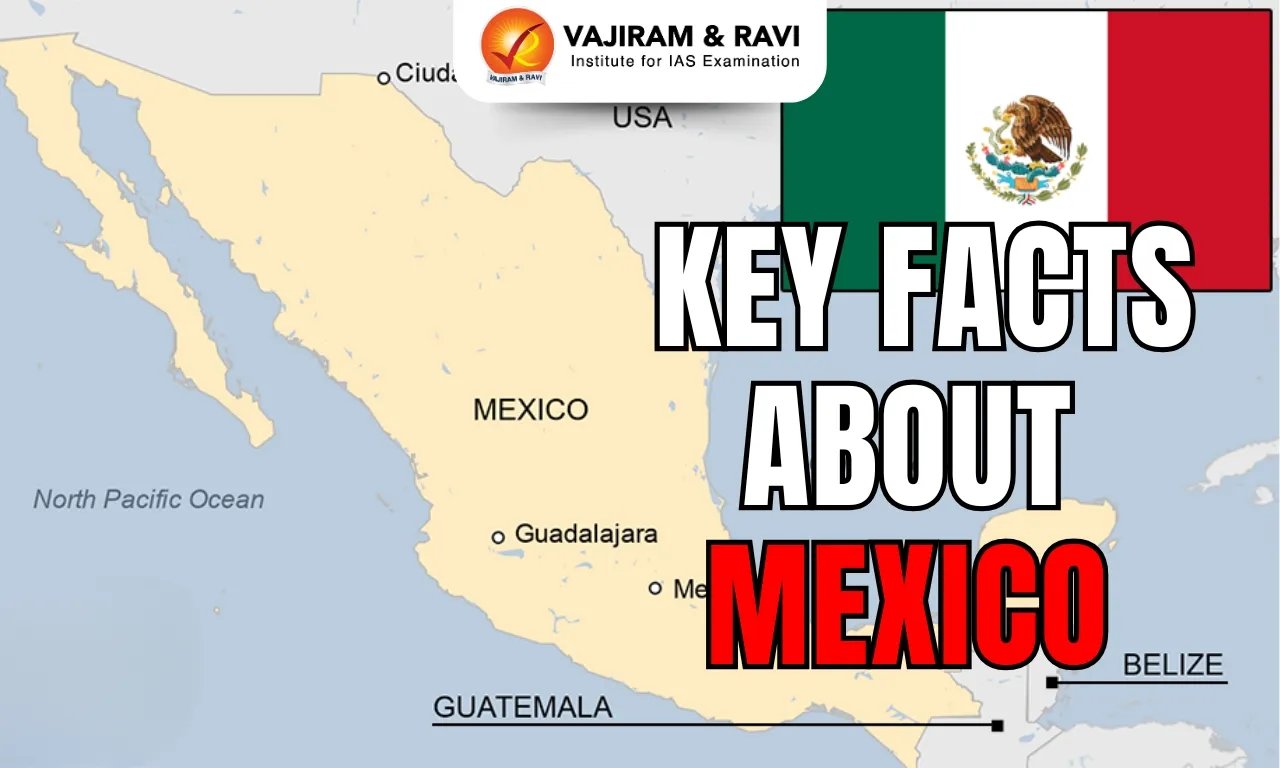About Mitochondrial Disease:
- Mitochondrial diseases are a group of conditions that affect how mitochondria work in your body.
- What are Mitochondria?
- Mitochondria are membrane-bound cell organelles that generate most of the chemical energy needed to power the cell’s biochemical reactions.
- They make it by combining oxygen with the fuel molecules (sugars and fats) that come from your food.
- Chemical energy produced by the mitochondria is stored in a small molecule called adenosine triphosphate (ATP).
- Generally, mitochondria, and therefore mitochondrial DNA, are inherited only from the mother.
- When the mitochondria are defective, the cells do not have enough energy. The unused oxygen and fuel molecules build up in the cells and cause damage.
- Mitochondrial diseases can affect almost any part of your body, including the cells of your Brain, Nerves, Muscles, Kidneys, Heart, Liver, Eyes, Ears, and Pancreas.
- Causes:
- Genetic mutations cause these primary mitochondrial diseases. They usually happen before age 20, and some are more common in infants.
- Mitochondrial dysfunction can also occur when mitochondria don’t work as well as they should due to another disease or condition. These are called secondary mitochondrial diseases.
- Symptoms:
- The symptoms of mitochondrial disease can vary. It depends on how many mitochondria are defective and where they are in the body.
- Sometimes only one organ, tissue, or cell type is affected. But often, the problem affects many of them.
- Muscle and nerve cells have especially high energy needs, so muscular and neurological problems are common.
- Treatment:
- There are no cures for these diseases, but treatments may help with symptoms and slow down the disease.
- They may include physical therapy, vitamins and supplements, special diets, and medicines.
Q1: What is mitochondria?
Mitochondria are special compartments (organelles) in our cells that are best known for their role as powerhouses, as they breakdown food molecules and turn out ATP, a molecular fuel for the rest of the cell. However, they carry out many other important biological processes and are central to the correct functioning of the human cell. The mitochondrion has two membranes: an outer membrane, which is porous for most molecules, and an inner membrane, which is tightly sealed and has invaginations called cristae.
Source: Mitochondrial donation: All you need to know about this mito disease
Last updated on December, 2025
→ Check out the latest UPSC Syllabus 2026 here.
→ Join Vajiram & Ravi’s Interview Guidance Programme for expert help to crack your final UPSC stage.
→ UPSC Mains Result 2025 is now out.
→ UPSC Notification 2026 is scheduled to be released on January 14, 2026.
→ UPSC Calendar 2026 is released on 15th May, 2025.
→ The UPSC Vacancy 2025 were released 1129, out of which 979 were for UPSC CSE and remaining 150 are for UPSC IFoS.
→ UPSC Prelims 2026 will be conducted on 24th May, 2026 & UPSC Mains 2026 will be conducted on 21st August 2026.
→ The UPSC Selection Process is of 3 stages-Prelims, Mains and Interview.
→ UPSC Result 2024 is released with latest UPSC Marksheet 2024. Check Now!
→ UPSC Prelims Result 2025 is out now for the CSE held on 25 May 2025.
→ UPSC Toppers List 2024 is released now. Shakti Dubey is UPSC AIR 1 2024 Topper.
→ UPSC Prelims Question Paper 2025 and Unofficial Prelims Answer Key 2025 are available now.
→ UPSC Mains Question Paper 2025 is out for Essay, GS 1, 2, 3 & GS 4.
→ UPSC Mains Indian Language Question Paper 2025 is now out.
→ UPSC Mains Optional Question Paper 2025 is now out.
→ Also check Best IAS Coaching in Delhi

















